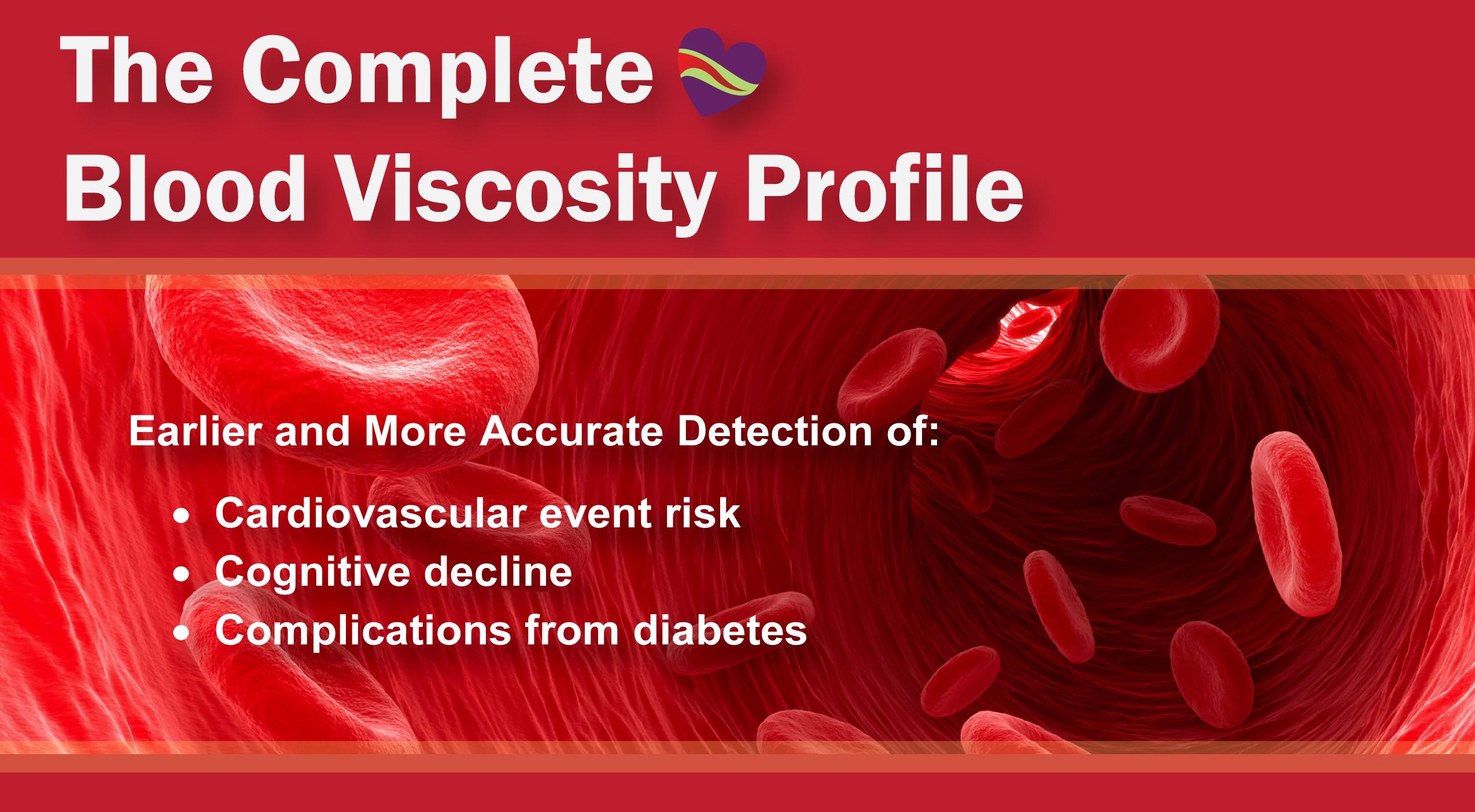

This, in turn, decreases the force and rate of the… Anticoagulant, Anticoagulants are drugs used to prevent clot formation or to prevent a clot that has formed from enlarging. Vasodilators a… Adrenergic Beta-antagonists, Definitionīeta blockers are medicines that affect the body's response to certain nerve impulses. Vasodilators are medicines that act directly on muscles in blood vessel walls to make blood vessels widen (dilate). Raynaud's disease - A blood vessel disorder in which the fingers and toes become numb and turn white when exposed to cold. medicines such as cimetidine (Tagamet), taken for ulcers or heartburn.angiotensin-converting enzyme (ACE) inhibitors such as enalapril (Vasotec), used to treat high blood pressure.calcium channel blockers such as diltiazem (Cardizem), used to treat high blood pressure.anticoagulants such as warfarin (Coumadin)(also called blood thinners or clot inhibitors).Among the drugs that may interact with blood-viscosity reducing drugs are: Anyone who takes blood-viscosity reducing drugs should let the physician know all other prescription or nonprescription (over-the-counter) medicines he or she is taking. However, if these or any other unusual or troublesome symptoms occur, check with the physician who prescribed the medicine as soon as possible:īlood-viscosity reducing drugs may interact with a other medicines, changing the effects of one or both of the drugs or increasing the risk of side effects. Minor discomforts, such as dizziness, headache, upset stomach, nausea, or vomiting usually go away as the body adjusts to the drug and do not require medical treatment unless they persist or they interfere with normal activities. any condition in which there is an increased chance of bleeding.Older people may be especially sensitive to the effects of this medicine, which may increase the chance of side effects.īefore using blood-viscosity reducing drugs, people with any of these medical problems should make sure their physicians are aware of their conditions: Women who are pregnant or breastfeeding or who may become pregnant should check with their physicians before using a blood-viscosity reducing drug. The physician should also be told about any allergies to foods, dyes, preservatives, or other substances. Patients being treated with this medicine should not smoke, as smoking may worsen the conditions for which the medicine is prescribed.Īnyone who has had unusual reactions to pentoxifylline, aminophylline, caffeine, dyphylline, ethylenediamine (contained in aminophylline), oxtriphylline, theobromine, or theophylline in the past should let his or her physician know before taking a blood-viscosity reducing drug. Be sure to keep taking it as directed, even if it doesn't seem to be helping. This medicine may take several weeks to produce noticeable results. This medicine may relieve leg pain that results from poor circulation, but it should not be considered a substitute for other treatments the physician recommends, such as physical therapy or surgery. Taking an antacid with this medicine may help prevent upset stomach. Dosages for children must be determined by a physician. Check with the physician who prescribed the drug or the pharmacist who filled the prescription for the correct dosage. However, the dose may be different for different patients. The usual dosage for adults is 400 mg, two to three times a day, with meals. Examples of blood-viscosity reducing drugs are pentoxifylline (Trental) and oxypentifylline. Descriptionīlood-viscosity reducing drugs are available only with a physician's prescription and come in extendedrelease tablet form. Physicians also may prescribe this medicine for other conditions, including stroke, impotence, male infertility, Raynaud's disease, and nerve and circulation problems caused by diabetes. The main use of blood-viscosity reducing drugs is to relieve painful leg cramps caused by poor circulation, a condition called intermittent claudication. Blood-Viscosity Reducing Drugs Definitionīlood-viscosity reducing drugs are medicines that improve blood flow by making the blood less viscous (sticky).


 0 kommentar(er)
0 kommentar(er)
